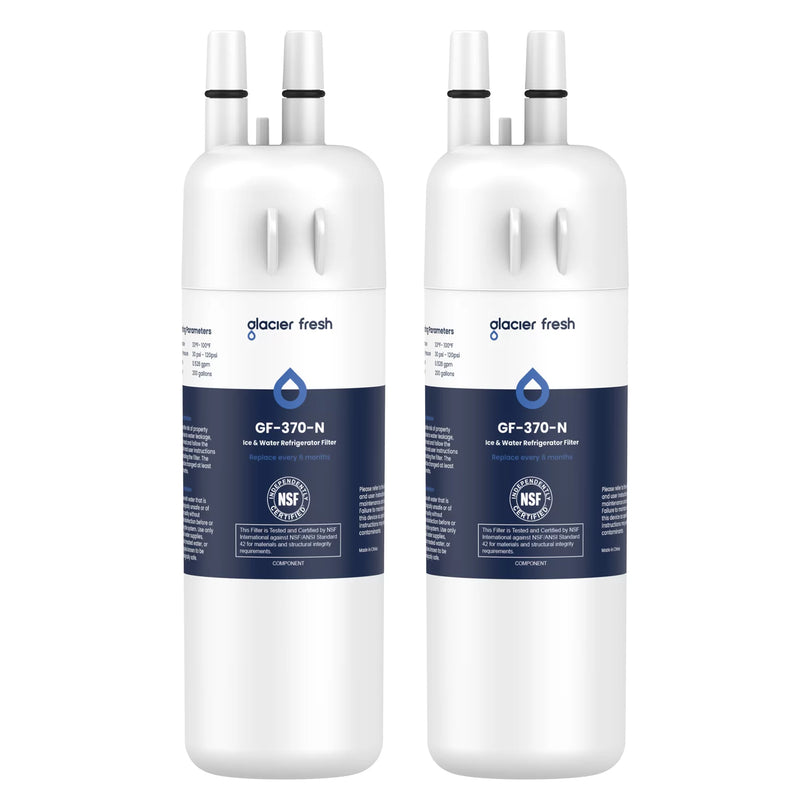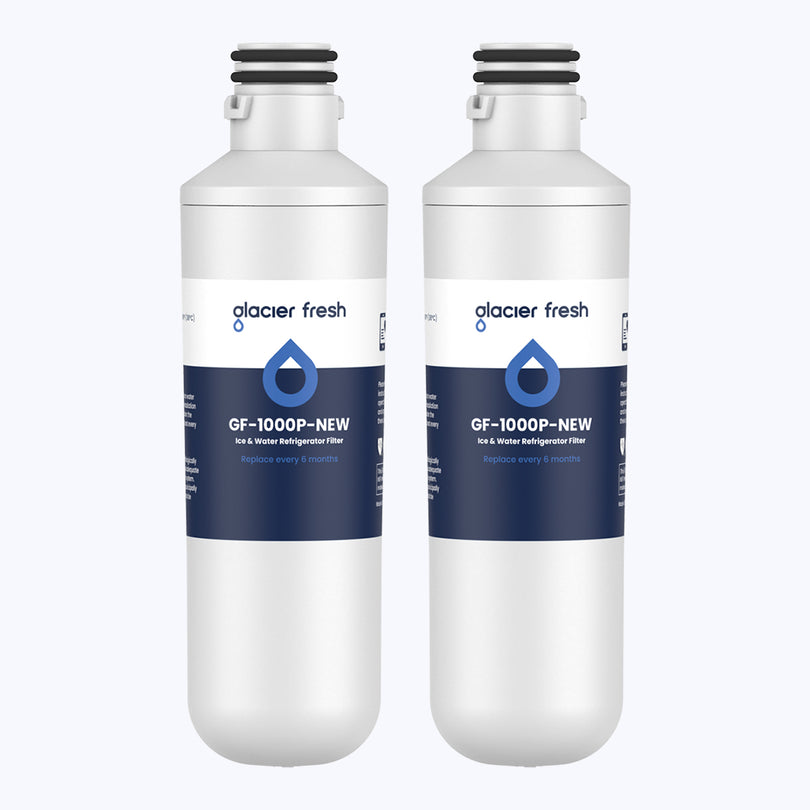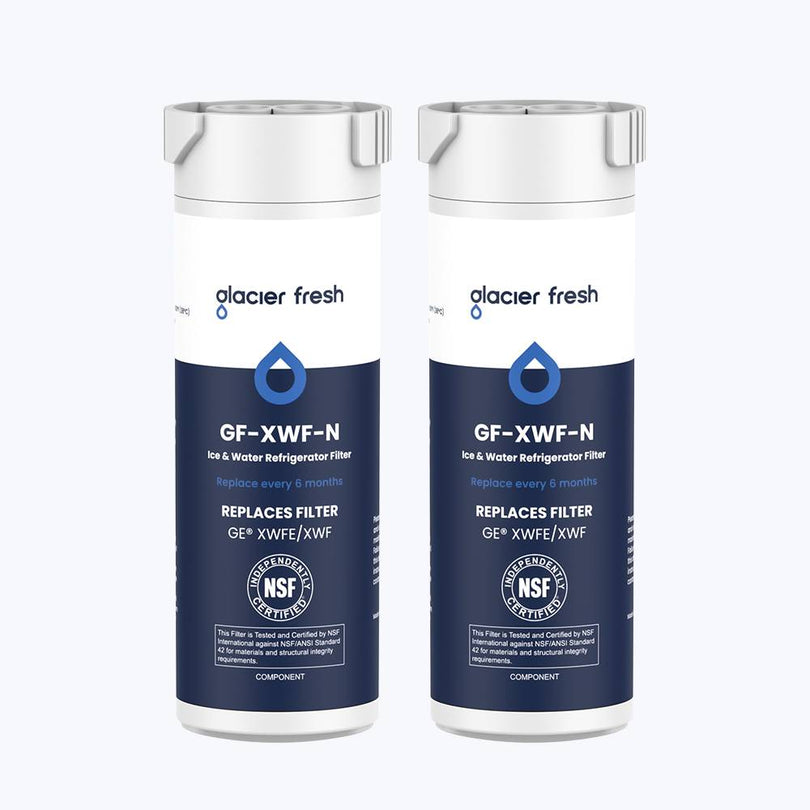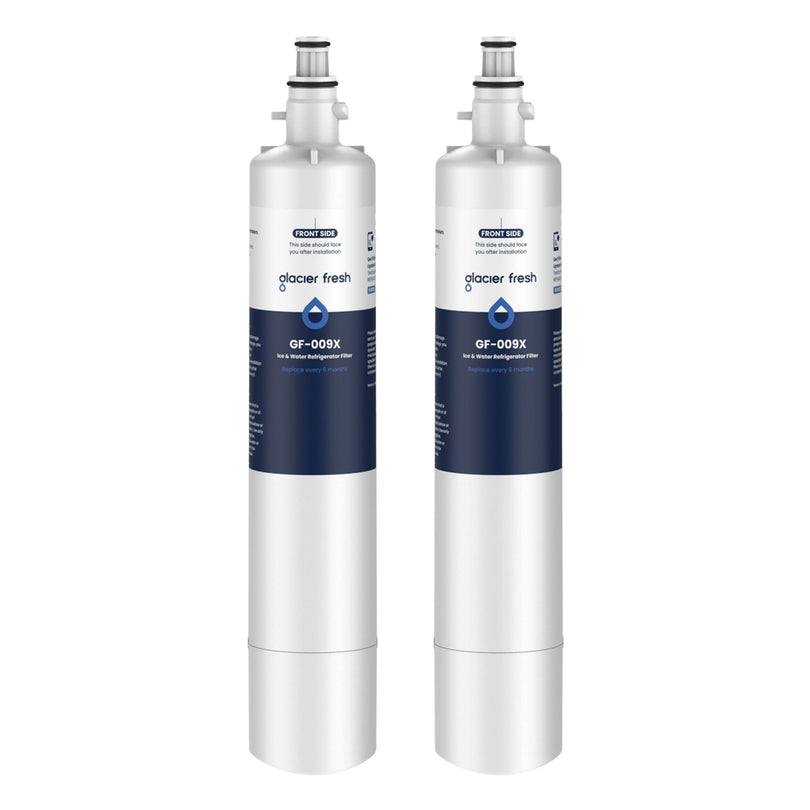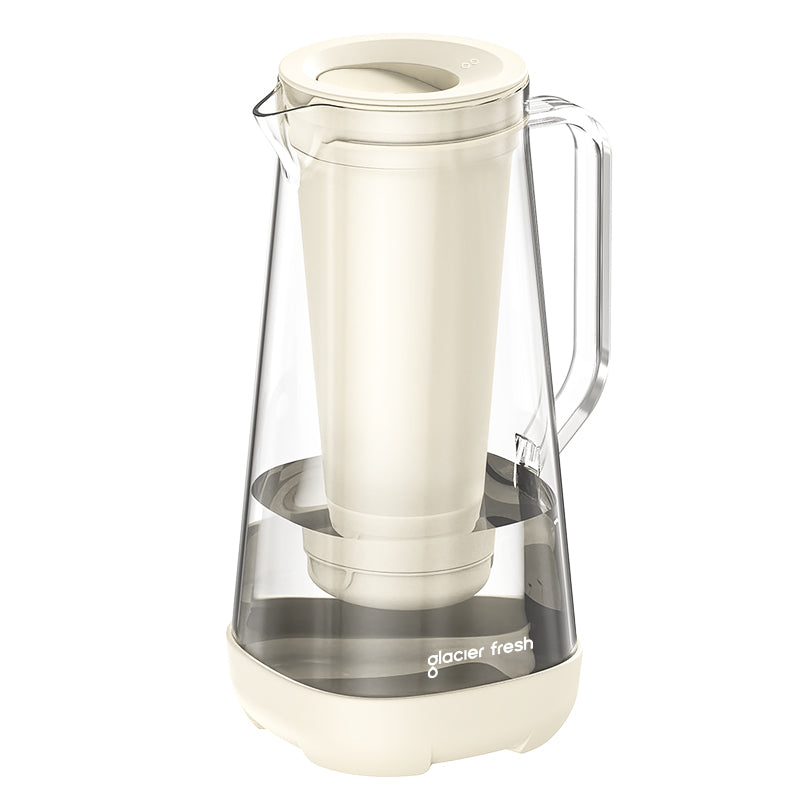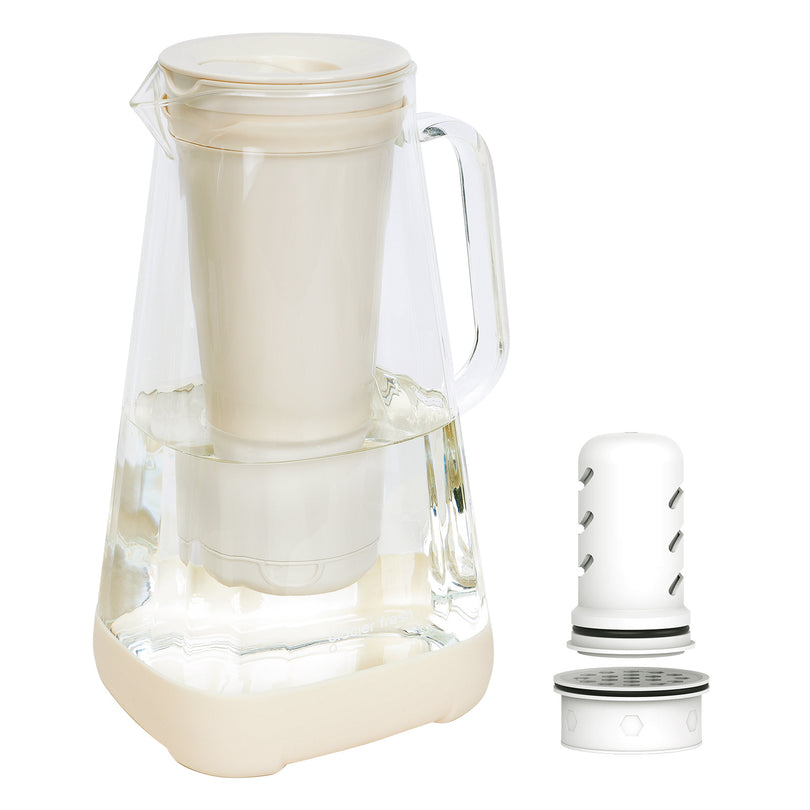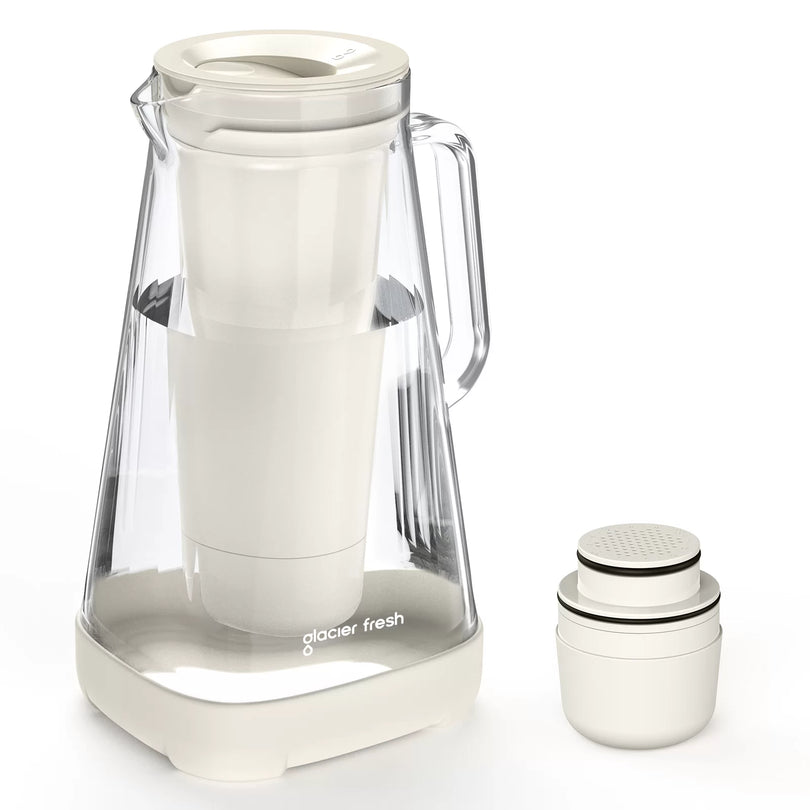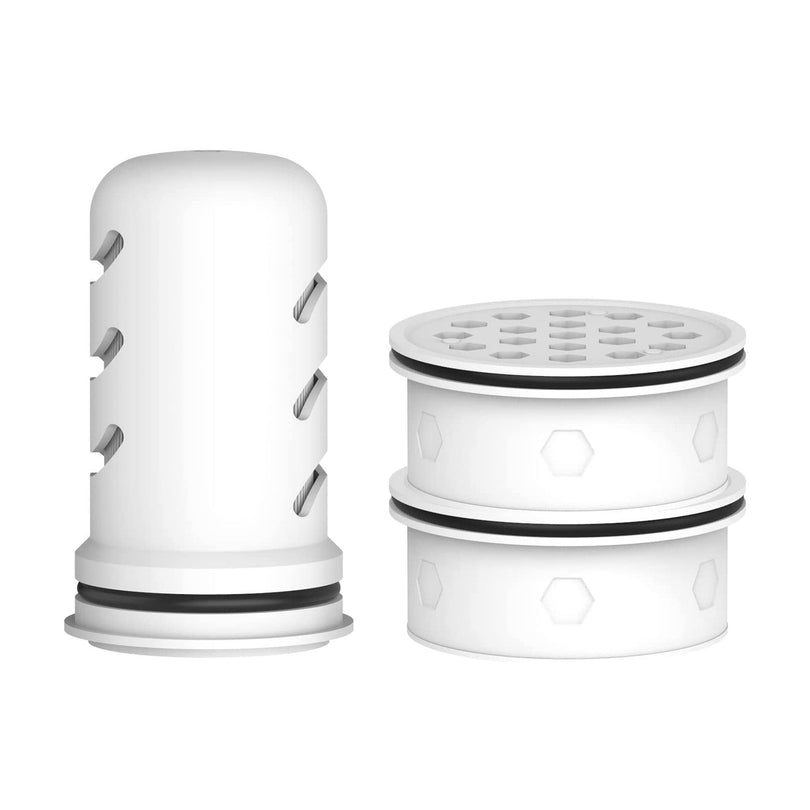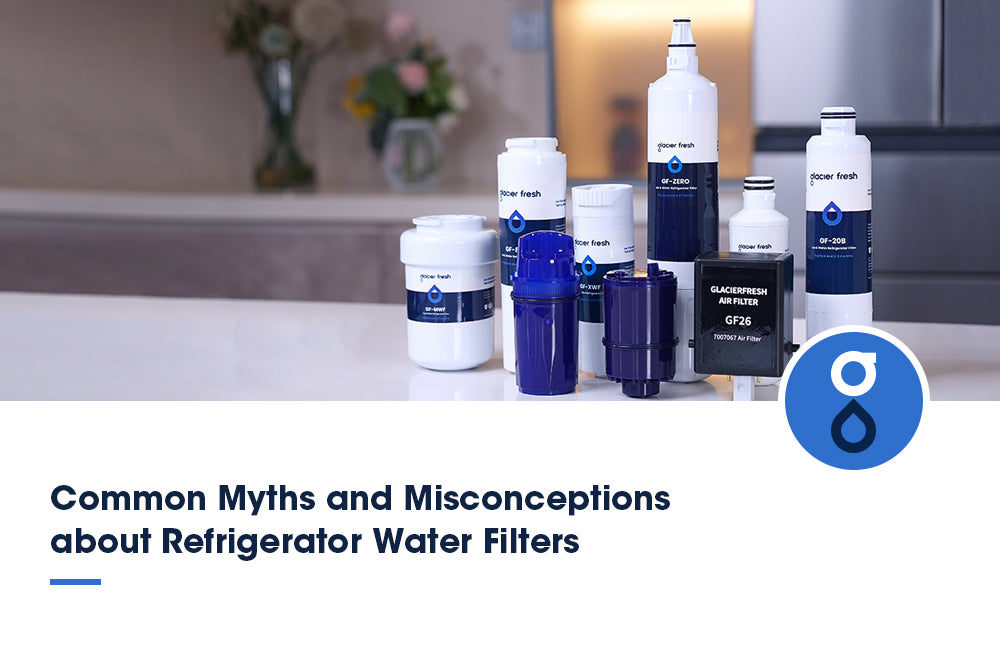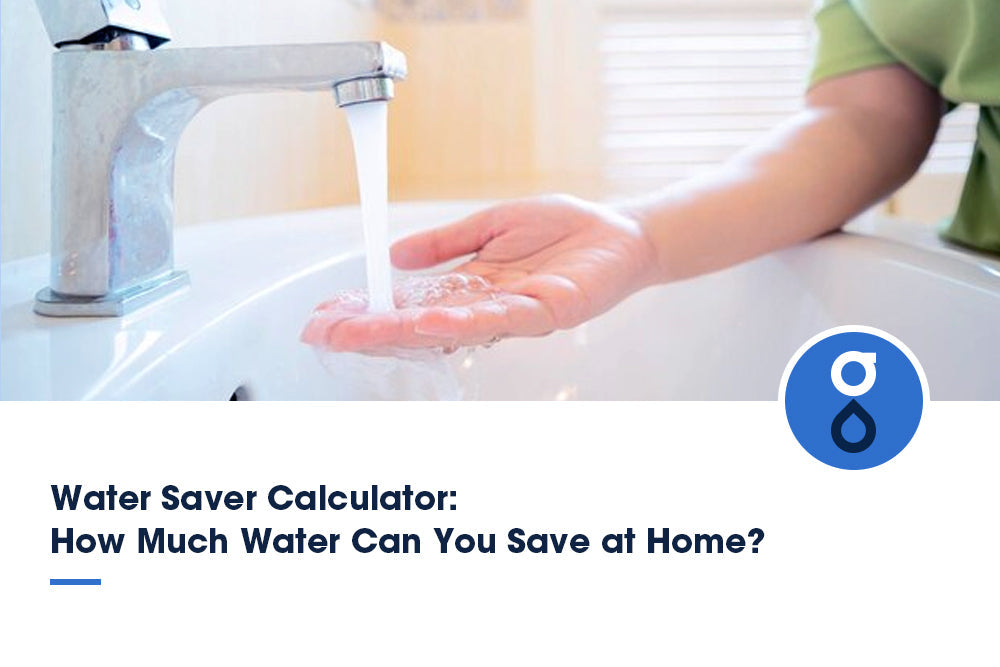Table of Contents:
Die Bedeutung der Brunnenwasseruntersuchung
Verschiedene Testmethoden für Brunnenwasser
Häufige Schadstoffe im Brunnenwasser
Mögliche Gesundheitsrisiken durch verunreinigtes Brunnenwasser
Zu berücksichtigende Faktoren bei der Auswahl eines Filtersystems
Top-empfohlene Filtersysteme für Brunnenwasser
FAQs
Abschluss
Sind Sie besorgt über die Sicherheit Ihres Brunnenwassers ? Es ist wichtig, Ihr Brunnenwasser zu testen und zu filtern, um seine Reinheit sicherzustellen. In diesem Artikel führen wir Sie durch die verschiedenen Testmethoden, häufige Verunreinigungen und potenzielle Gesundheitsrisiken, die mit verunreinigtem Brunnenwasser verbunden sind. Wir helfen Ihnen auch dabei, das richtige Filtersystem für Ihre Bedürfnisse auszuwählen. Gehen Sie keine Kompromisse bei Ihrer Gesundheit ein und ergreifen Sie die notwendigen Maßnahmen, um die Sicherheit Ihres Brunnenwassers zu gewährleisten.
Die Bedeutung der Brunnenwasseruntersuchung
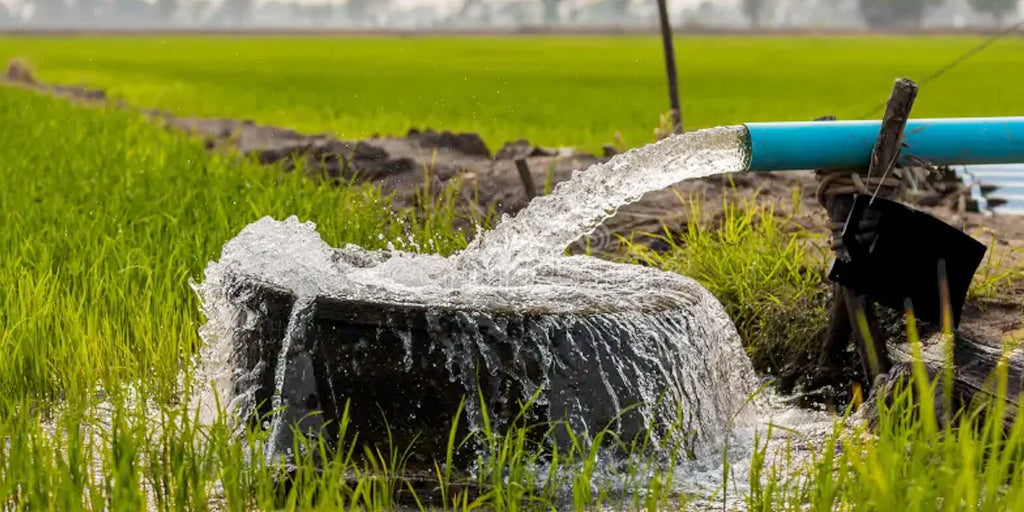
Durch das Testen Ihres Brunnenwassers können Sie mögliche Verunreinigungen oder Schadstoffe identifizieren. Dies ist besonders wichtig, da Brunnenwasser im Gegensatz zur öffentlichen Wasserversorgung nicht von der Regierung reguliert wird. Regelmäßige Brunnenwassertests bieten mehrere Vorteile. Sie helfen Ihnen, die Qualität Ihres Wassers zu überwachen und sicherzustellen, dass es zum Verzehr geeignet ist. Indem Sie potenzielle Probleme frühzeitig erkennen und beheben, können Sie gesundheitliche Probleme und kostspielige Reparaturen in der Zukunft vermeiden. Darüber hinaus können Sie durch Tests feststellen, ob Wasseraufbereitungssysteme oder Filter erforderlich sind, um die Qualität Ihres Brunnenwassers zu verbessern.
Verschiedene Testmethoden für Brunnenwasser
Wie können Sie die Qualität Ihres Brunnenwassers mit verschiedenen Methoden testen? Es gibt verschiedene Testmethoden, um die Qualität Ihres Brunnenwassers zu beurteilen. Die Wahl der Testmethode hängt von den spezifischen Parametern ab, die Sie analysieren möchten, und dem erforderlichen Genauigkeitsgrad. Hier sind einige häufig verwendete Testmethoden und ihre empfohlene Testhäufigkeit:

Heimtestkits sind praktisch und liefern grundlegende Informationen über pH-Wert, Härte, Chlor und bakterielle Kontamination. Für eine umfassendere Analyse werden jedoch Labortests empfohlen. Um die Sicherheit Ihres Brunnenwassers zu gewährleisten, sollten jährlich Tests auf Bakterien und Nitrate durchgeführt werden. Denken Sie daran, dass regelmäßige Tests unerlässlich sind, um Änderungen der Brunnenwasserqualität zu überwachen und entsprechende Maßnahmen zu ergreifen, um die Gesundheit und Sicherheit Ihrer Wasserversorgung aufrechtzuerhalten.
Häufige Schadstoffe im Brunnenwasser
Coliforme Bakterien im Brunnenwasser
Coliforme Bakterien sind eine Bakterienart, die häufig in der Umwelt vorkommt, unter anderem im Darm von Menschen und Tieren. Während die meisten Arten von Coliformen harmlos sind, kann das Vorhandensein dieser Bakterien im Brunnenwasser auf das Vorhandensein anderer schädlicher Krankheitserreger hinweisen. Durch Wasser übertragene Krankheiten wie Durchfall, Ruhr und Magen-Darm-Entzündung können durch Koliforme-Verunreinigungen im Trinkwasser verursacht werden. Es wurden Wasserqualitätsstandards festgelegt, um die Sicherheit von Trinkwasser zu gewährleisten, und diese Standards legen normalerweise Grenzwerte für Koliforme Bakterien fest. Regelmäßige Tests und Filterung von Brunnenwasser können Koliforme-Verunreinigungen verhindern und beseitigen und so sicherstellen, dass Ihr Wasser zum Verzehr geeignet ist.
Andere Mikroorganismen im Brunnenwasser
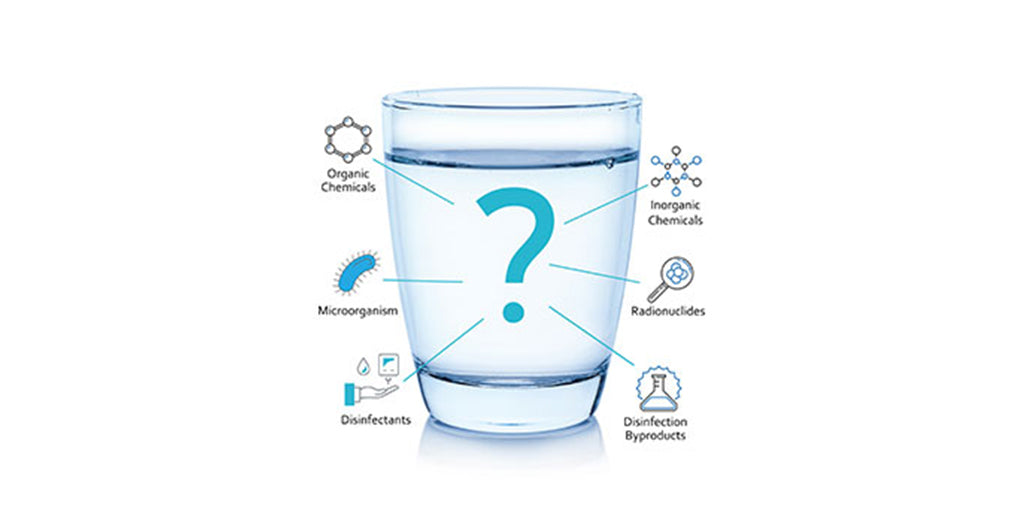
Mehrere häufig vorkommende Mikroorganismen können Brunnenwasser verunreinigen. Diese Mikroorganismen können Ihre Gesundheit gefährden, da sie durch Wasser übertragene Krankheiten verursachen können. Ein solcher Mikroorganismus sind schädliche Algen , die bei Einnahme für den Menschen schädliche Giftstoffe produzieren können. Diese Giftstoffe können Symptome wie Übelkeit, Erbrechen und Durchfall verursachen.
Um die Sicherheit Ihres Brunnenwassers zu gewährleisten, ist es wichtig, wirksame Desinfektionsmethoden anzuwenden. Dazu kann die Verwendung von Chlor oder ultraviolettem (UV-)Licht gehören, um die im Wasser vorhandenen Mikroorganismen abzutöten oder zu deaktivieren. Regelmäßige Tests Ihres Brunnenwassers sind ebenfalls wichtig, um mögliche Verunreinigungen zu identifizieren und geeignete Maßnahmen zu ergreifen.
Giftige organische Verbindungen im Brunnenwasser
Um die potenziellen Risiken für Ihr Brunnenwasser weiterhin zu berücksichtigen, ist es wichtig, sich der Anwesenheit giftiger organischer Verbindungen bewusst zu sein, die häufige Verunreinigungen im Brunnenwasser sind. Diese Verbindungen können aus verschiedenen Quellen in Ihr Brunnenwasser gelangen, beispielsweise durch Industrieabfälle, landwirtschaftliche Abwässer oder fehlerhafte Abwassergruben.
Giftige organische Verbindungen stellen eine ernsthafte Bedrohung für Ihre Gesundheit dar, da sie mit verschiedenen negativen Auswirkungen in Verbindung gebracht werden, darunter Krebs, Fortpflanzungsprobleme und Organschäden. Es ist wichtig, Ihr Brunnenwasser regelmäßig auf das Vorhandensein dieser Schadstoffe zu testen und sicherzustellen, dass die Werte innerhalb der durch die Wasserqualitätsstandards festgelegten akzeptablen Grenzen liegen. Wenn festgestellt wird, dass Ihr Brunnenwasser mit giftigen organischen Verbindungen verunreinigt ist, wird empfohlen, geeignete Filtersysteme zu installieren, um diese schädlichen Substanzen zu entfernen und die Sicherheit Ihres Trinkwassers zu gewährleisten.
Mögliche Gesundheitsrisiken durch verunreinigtes Brunnenwasser

Um die potenziellen Gesundheitsrisiken zu verstehen, die mit verunreinigtem Brunnenwasser verbunden sind, ist es wichtig, sich der zahlreichen schädlichen Verunreinigungen bewusst zu sein, die vorhanden sein können. Brunnenwasser kann mit verschiedenen Substanzen verunreinigt sein, darunter Bakterien, Viren, Parasiten, Schwermetalle und Chemikalien. Diese Verunreinigungen können schwerwiegende gesundheitliche Auswirkungen haben, wenn sie eingenommen werden oder ihnen über einen längeren Zeitraum ausgesetzt sind.
Eine der Hauptsorgen bei verunreinigtem Brunnenwasser ist das Risiko von durch Wasser übertragenen Krankheiten. Bakterien wie E. coli und Salmonellen können Magen-Darm-Probleme wie Durchfall, Erbrechen und Magenkrämpfe verursachen. Viren wie Norovirus und Hepatitis A können zu schweren Erkrankungen und Leberschäden führen. Parasiten wie Cryptosporidium und Giardia können ebenfalls Magen-Darm-Symptome verursachen.
Neben durch Wasser übertragenen Krankheiten kann die Belastung mit bestimmten Schadstoffen im Brunnenwasser langfristige gesundheitliche Folgen haben. Schwermetalle wie Blei, Arsen und Quecksilber können sich im Laufe der Zeit im Körper ansammeln und neurologische Schäden, Entwicklungsstörungen bei Kindern und ein erhöhtes Risiko für bestimmte Krebsarten verursachen. Chemikalien wie Pestizide, Lösungsmittel und industrielle Schadstoffe können ebenfalls gesundheitliche Risiken bergen, darunter Atemprobleme, Hautreizungen und Organschäden.
Um diese Gesundheitsrisiken zu verringern, ist es wichtig, verunreinigtes Brunnenwasser zu behandeln. Zu den Behandlungsmöglichkeiten können Desinfektionsmethoden wie Chlorierung oder ultraviolettes (UV-)Licht, Filtersysteme zur Entfernung von Schadstoffen und in einigen Fällen die Installation eines neuen Brunnens an einem sichereren Ort gehören. Regelmäßige Tests des Brunnenwassers sind ebenfalls wichtig, um seine Sicherheit zu gewährleisten und mögliche Schadstoffe zu identifizieren.
Zu berücksichtigende Faktoren bei der Auswahl eines Filtersystems
Berücksichtigen Sie bei der Auswahl eines Filtersystems für Ihr Brunnenwasser die spezifischen Faktoren, die die Qualität Ihrer Wasserversorgung beeinflussen können. Hier sind einige wichtige Punkte, die Sie beachten sollten:
- Kostenüberlegungen: Bewerten Sie die Anschaffungskosten des Filtersystems sowie alle laufenden Kosten, wie z. B. Ersatzfilter oder professionelle Wartung. Vergleichen Sie die Preise und wägen Sie sie gegen die potenziellen Vorteile ab, um sicherzustellen, dass Sie eine kostengünstige Wahl treffen.
- Wartungsanforderungen: Unterschiedliche Filtersysteme haben unterschiedliche Wartungsanforderungen. Einige erfordern möglicherweise regelmäßige Filterwechsel oder Reinigungen, während andere eine professionelle Wartung benötigen. Berücksichtigen Sie Ihre Möglichkeiten und Ihren Zeitplan, wenn Sie ein System auswählen, das zu Ihrem Lebensstil passt.
- Wirksamkeitsvergleiche: Informieren Sie sich über die Wirksamkeit verschiedener Filtersysteme bei der Entfernung bestimmter Schadstoffe, die in Ihrem Brunnenwasser vorhanden sein können. Vergleichen Sie ihre Leistung bei der Beseitigung von Bakterien, Viren, Chemikalien und anderen potenziellen Schadstoffen, um sicherzustellen, dass Sie ein System wählen, das Ihren spezifischen Anforderungen entspricht.
Top-empfohlene Filtersysteme für Brunnenwasser
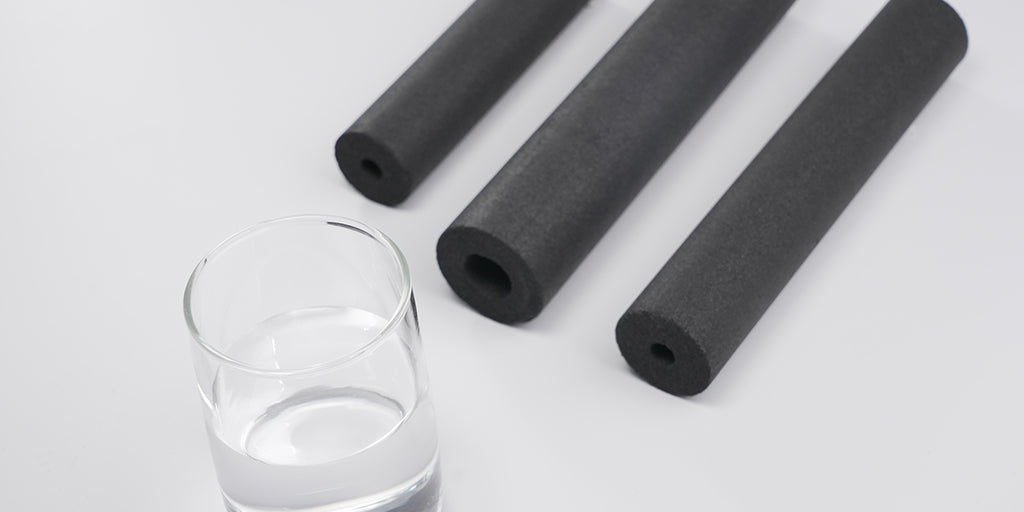
Um die Sicherheit und Qualität Ihres Trinkwassers zu gewährleisten, sollten Sie die folgenden Filtersysteme für Brunnenwasser in Betracht ziehen. Diese Optionen bieten nicht nur hervorragende Filtereigenschaften, sondern sind auch kostengünstig und erfordern nur minimale Wartung.
1. Umkehrosmosesystem: Diese Filteroption verwendet eine halbdurchlässige Membran, um Schadstoffe, Bakterien und Viren aus Ihrem Brunnenwasser zu entfernen. Sie gilt als eine der besten Filteroptionen für Brunnenwasser, da sie viele Verunreinigungen mit hoher Effizienz entfernt. Um eine optimale Leistung aufrechtzuerhalten, muss die Membran regelmäßig ausgetauscht und das System regelmäßig gereinigt werden.
2. Aktivkohlefilter: Dieser Filter verwendet Kohlenstoff, um Verunreinigungen wie Chlor , Pestizide und flüchtige organische Verbindungen (VOCs) aus Ihrem Brunnenwasser zu adsorbieren und zu entfernen. Dies ist eine kostengünstige und effektive Möglichkeit, den Geschmack und Geruch Ihres Trinkwassers zu verbessern. Um seine Effizienz sicherzustellen, muss der Kohlefilter regelmäßig ausgetauscht werden.
3. Ultraviolettes (UV) Desinfektionssystem: Dieses System verwendet UV-Licht, um Bakterien, Viren und andere Mikroorganismen in Ihrem Brunnenwasser abzutöten. Es ist eine chemikalienfreie und umweltfreundliche Möglichkeit zur Desinfektion Ihres Trinkwassers. Um ihre Wirksamkeit aufrechtzuerhalten, ist eine regelmäßige Reinigung und ein Austausch der UV-Lampe erforderlich.
FAQs
Kann ich anhand optischer oder geschmacklicher Hinweise feststellen, ob mein Brunnenwasser unbedenklich ist?
Nein, das können Sie nicht. Es ist wichtig, regelmäßig auf Schadstoffe zu testen, da diese Indikatoren nicht immer genau sein können.
Wie kann ich feststellen, ob mein Brunnenwasser mit Bakterien oder anderen Mikroorganismen verunreinigt ist?
Um festzustellen, ob Ihr Brunnenwasser mit Bakterien oder anderen Mikroorganismen verunreinigt ist, sollten Sie es regelmäßig mit verschiedenen Methoden testen. Der Vergleich der Testergebnisse hilft Ihnen dabei, den Kontaminationsgrad zu bestimmen und unterstreicht die Bedeutung regelmäßiger Tests.
Abschluss
Zusammenfassend lässt sich sagen, dass es wichtig ist, die Sicherheit des Brunnenwassers zu priorisieren, indem man es regelmäßig auf Schadstoffe testet und ein zuverlässiges Filtersystem in Betracht zieht. Da es verschiedene Testmethoden gibt, ist es wichtig, häufige Schadstoffe und potenzielle Gesundheitsrisiken zu kennen. Bei der Auswahl eines Filtersystems sollten Faktoren wie Wirksamkeit und Kompatibilität berücksichtigt werden. Indem Sie diese Schritte unternehmen, können Sie die Reinheit und Sicherheit Ihres Brunnenwassers für sich und Ihre Familie gewährleisten.

